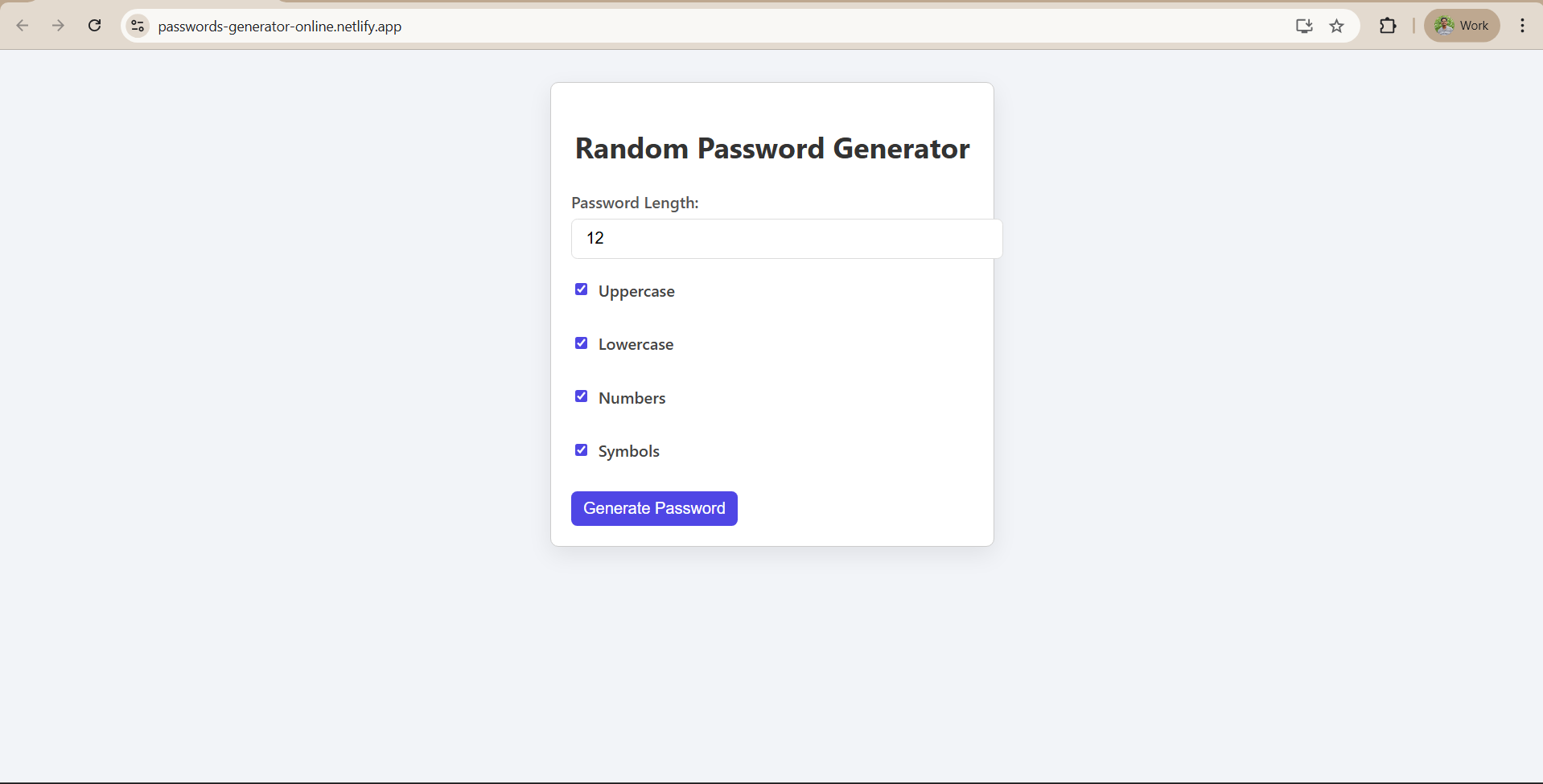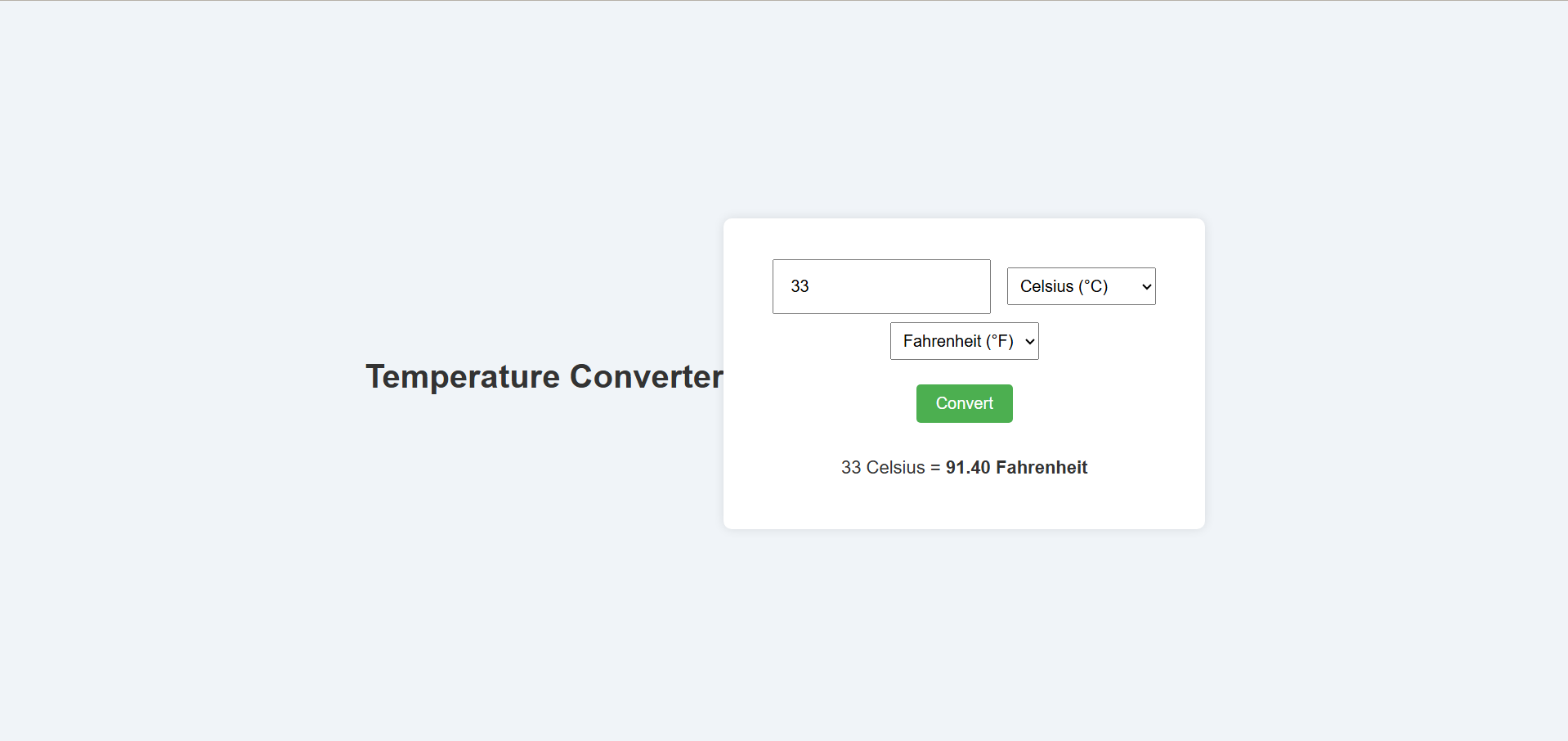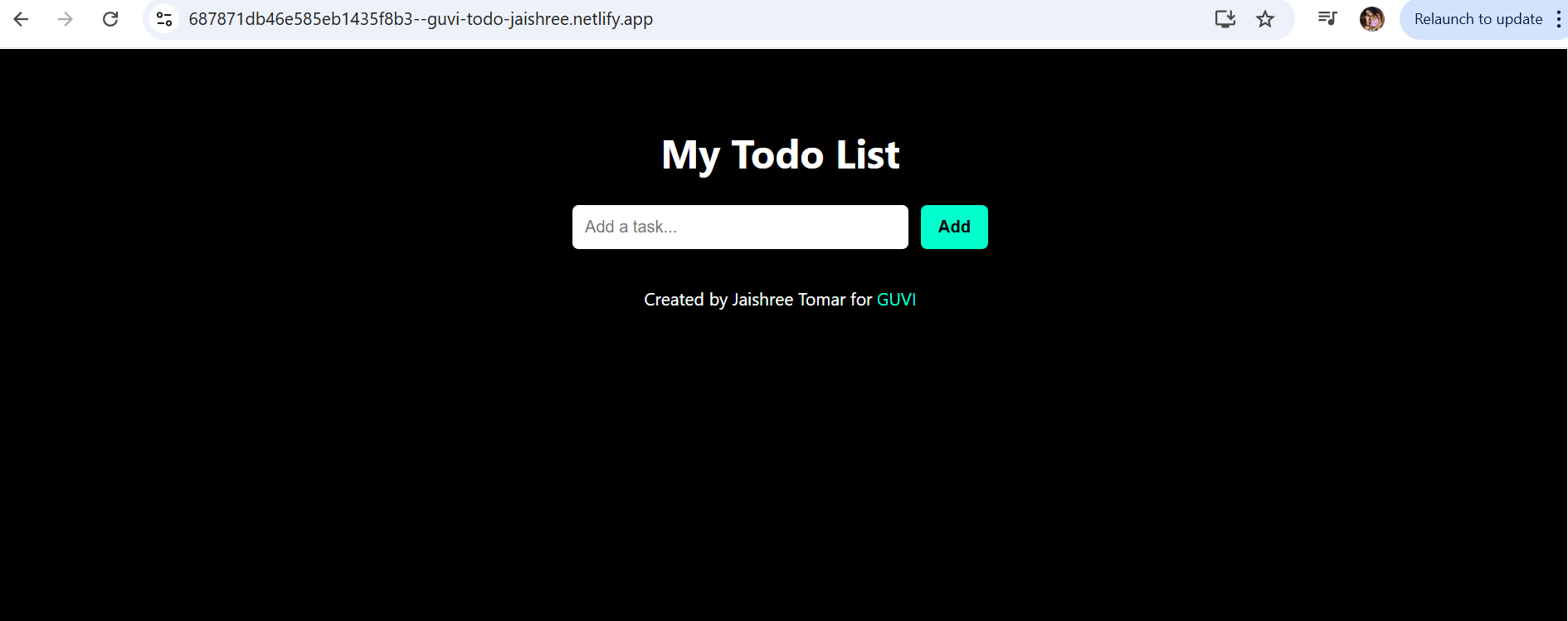Operator Overloading in Cpp
Operator Overloading
A. Concept of Operator Overloading
Operator overloading is a feature in C++ that allows operators to be redefined or extended to work with user-defined types. It provides the ability to give special meaning to operators when applied to objects of a class or struct. By overloading operators, you can make your custom types behave like built-in types and perform operations in a natural and intuitive way.
The concept of operator overloading revolves around associating a function with an operator symbol. This function is called the overloaded operator function or operator method. When the operator is used with objects of the corresponding class, the overloaded operator function is invoked to perform the desired operation.
B. Implementing Operator Overloading in C++
To implement operator overloading in C++, you need to define the operator function inside the class definition or as a friend function. Here are the general steps for implementing operator overloading:
- Choose the operator you want to overload based on its relevance to your class (e.g., + for addition, == for equality comparison).
- Define the operator function as a member function or a friend function. The operator function typically takes one or two operands, depending on the arity of the operator.
- Implement the desired behavior or operation inside the operator function. This can involve accessing the member variables of the objects, performing computations, or returning a result.
- Use the overloaded operator by applying it to objects of the class as if it were a built-in operator. The compiler will automatically invoke the appropriate overloaded operator function.
Here's an example of operator overloading for a custom class called Vector to perform addition:
class Vector {
private:
int x;
int y;
public:
Vector(int xVal, int yVal) : x(xVal), y(yVal) {}
// Overloading the '+' operator
Vector operator+(const Vector& other) {
int sumX= x + other.x;
int sumY= y + other.y;
return Vector (sumX, sumY);
}
};
int main() {
Vector v1(2, 3);
Vector v2(4, 5);
Vector sum = v1 + v2; // Using the overloaded '+' operator
return 0;
}In the above example, the + operator is overloaded by defining the operator+ member function. It performs the addition of the x and y components of two Vector objects and returns a new Vector object representing the sum.
Operator overloading provides flexibility and convenience when working with user-defined types. It allows you to write expressive and intuitive code that closely resembles the natural syntax of the problem domain. However, it should be used judiciously to ensure readability and avoid confusion.
Examples and Practice Problems
Solving Problems Using Different Operators:
Here are some examples and practice problems that involve using different operators in C++:
Arithmetic Operators
Example: Calculate the area of a rectangle given its length and width.
int length 5;
int width= 3;
int area = length * width;Relational Operators
Example: Check if a number is positive.
int number = 10;
bool isPositive = (number > 0);Logical Operators
Example: Check if a number is both positive and even.
int number = 8;
bool isPositiveAndEven = (number> 0) && (number % 2 == 0);Assignment Operators
Example: Increment a variable by a specific value.
int number = 5;
number += 3; // equivalent to number = number + 3;Bitwise Operators
Example: Perform a bitwise AND operation on two numbers.
int num1 = 10; // binary: 1010
int num2 = 6; // binary: 0110
int result = num1 & num2; // binary: 0010 (decimal: 2)Conditional Operator (Ternary Operator)
Example: Check if a number is positive or negative.
int number = -7;
std::string sign = (number >= 0) ? "Positive" : "Negative";By practicing problems that involve different operators, you can improve your understanding and proficiency in utilizing them effectively. Experiment with various scenarios and explore different combinations of operators to solve problems efficiently.
Conclusion
Operators in C++ are symbols or keywords that perform specific operations on operands. They include arithmetic, relational, logical, assignment, bitwise, and more. Understanding operator precedence and associativity is crucial. Operator overloading allows redefining operators for user-defined types.
Operators are essential for expressing computations, making logical decisions, and optimizing code. They provide simplicity, efficiency, and code reusability. Understanding operators enables effective problem-solving and ensures compatibility with other programs. Mastering operators empowers programmers to write cleaner, more efficient, and robust code, facilitating the effective expression of ideas in the programming language.



























